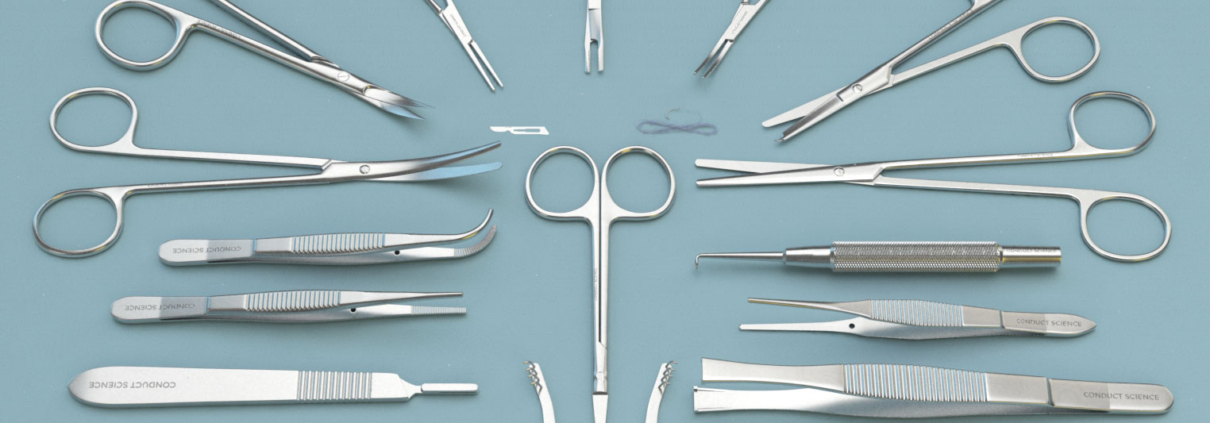Plastic Surgical Instruments: Comprehensive Guide & Insights
Introduction
Surgical instruments are the backbone of modern medicine. From routine operations to complex surgeries, the precision and quality of surgical tools play a crucial role in patient outcomes. In this article, we dive deep into plastic surgical instruments, exploring their types, uses, advantages, and how they compare to traditional stainless steel instruments. You’ll also learn about trusted surgical instruments manufacturers, suppliers, and the latest industry trends.
By the end, you’ll have a complete understanding of the tools that enable safe and effective surgeries.
Understanding Plastic Surgical Instruments
What Are Plastic Surgical Instruments?
Plastic surgical instruments are medical tools made primarily from high-grade medical plastics. Unlike traditional stainless steel surgical instruments, these tools are lightweight, often disposable, and designed for single-use or limited-use scenarios. They are ideal for procedures where minimizing cross-contamination is critical.
Key Types of Plastic Surgical Instruments
Plastic surgical instruments come in a wide range, including:
- Scalpels and surgical blades – disposable blades reduce the risk of infection.
- Forceps and tweezers – used for delicate tissue handling.
- Clamps and retractors – lightweight alternatives for minor procedures.
- Suction tips and cannulas – often used in plastic or cosmetic surgeries.
Differences Between Plastic and Stainless Steel Instruments
| Feature | Plastic Instruments | Stainless Steel Instruments |
| Weight | Lightweight | Heavier, more durable |
| Sterilization | Often disposable, single-use | Reusable after sterilization |
| Cost | Generally lower | Higher, long-term investment |
| Durability | Limited use | Long-lasting, corrosion-resistant |
| Applications | Minor or low-risk surgeries | Major or high-precision surgeries |
Advantages of Plastic Surgical Instruments
Reduced Risk of Infection
Disposable plastic surgical instruments eliminate the need for repeated sterilization, reducing the chance of hospital-acquired infections.
Cost-Effectiveness
For smaller clinics or high-volume procedures, using plastic instruments can save money on sterilization equipment and labor.
Lightweight and Ergonomic
Plastic instruments are easier to handle, especially during long procedures, reducing surgeon fatigue.
Versatility Across Medical Fields
From general surgery instruments to specialized cosmetic procedures, plastic tools are adaptable and widely used.

Limitations and Considerations
While plastic surgical instruments have many benefits, they also have limitations:
- Durability: Not suitable for high-stress procedures.
- Precision: May lack the sharpness and accuracy of stainless steel instruments.
- Environmental Impact: Single-use plastics contribute to medical waste.
Choosing the Right Surgical Instruments Manufacturer
Key Factors to Consider
When selecting a surgical instrument manufacturer, consider:
- Quality certifications (ISO, CE, FDA-approved)
- Product range (plastic, stainless steel, hybrid instruments)
- Supplier reputation and reliability
- Pricing and bulk order capabilities
Top Suppliers and Manufacturers
Some well-known surgical instruments suppliers include:
- Surgical Holdings Ltd – offers both plastic and stainless steel instruments
- Aesculap – renowned for high-quality general surgery instruments
- Medline Industries specializes in disposable medical tools
Real-Life Applications and Case Studies
Case Study 1: Plastic Surgical Instruments in Minor Surgeries
A small outpatient clinic switched to disposable plastic instruments for minor dermatological procedures. Result: 40% reduction in sterilization costs and zero reported infections over 12 months.
Case Study 2: Cost Savings in Cosmetic Surgery
A cosmetic surgery center integrated plastic scalpels and retractors for non-invasive procedures. Outcome: Reduced surgery prep time and faster patient turnover, improving profitability.
Frequently Asked Questions (FAQs)
Q1: Are plastic surgical instruments safe for all surgeries?
A: Plastic instruments are ideal for minor or low-risk procedures but are generally not recommended for high-precision surgeries.
Q2: Can plastic instruments be sterilized and reused?
A: Some are designed for limited reuse, but most are intended for single-use to reduce infection risk.
Q3: How do plastic instruments compare to stainless steel in terms of cost?
A: Plastic instruments are cheaper upfront, especially for high-volume procedures, but stainless steel instruments last longer.
Q4: Where can I find certified surgical instruments manufacturers?
A: Trusted sources include industry directories, ISO-certified suppliers, and FDA-approved manufacturers.
Pros and Cons Summary
| Pros | Cons |
| Lightweight & ergonomic | Limited durability |
| Cost-effective | Lower precision |
| Reduced infection risk | Environmental concerns |
| Easy to use for minor procedures | Not ideal for major surgeries |
Conclusion
Plastic surgical instruments are transforming the medical field by offering lightweight, cost-effective, and infection-reducing alternatives to traditional stainless steel surgical instruments. While they have limitations, their applications in minor and cosmetic procedures are undeniable.
When choosing a surgical instruments manufacturer or supplier, prioritize quality, certification, and reliability to ensure patient safety and operational efficiency.
Call to Action: Share your experiences with plastic surgical instruments in the comments below or contact a certified supplier to learn which tools best fit your practice!



Leave a Reply
Want to join the discussion?Feel free to contribute!